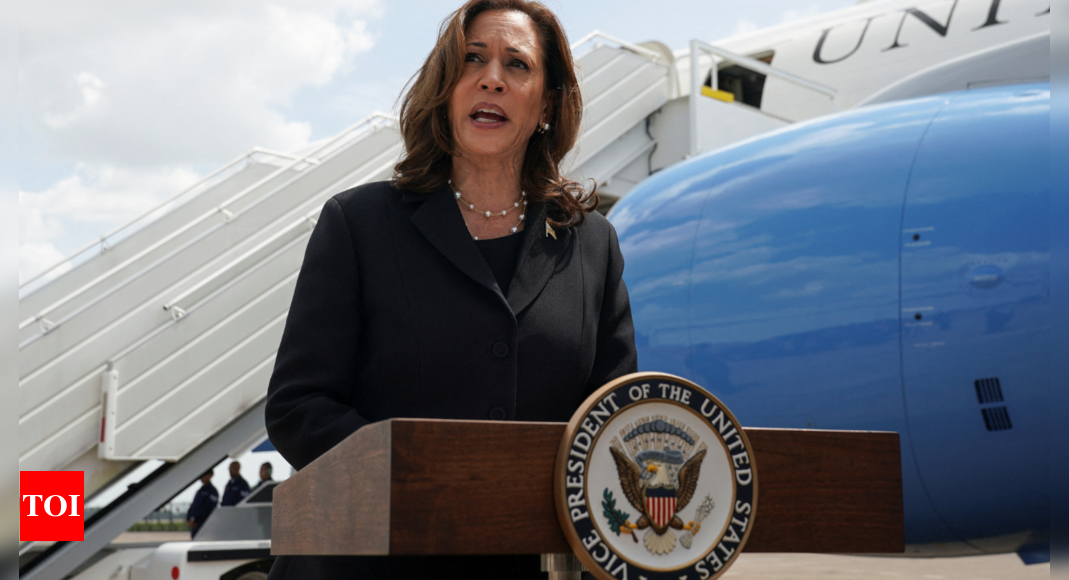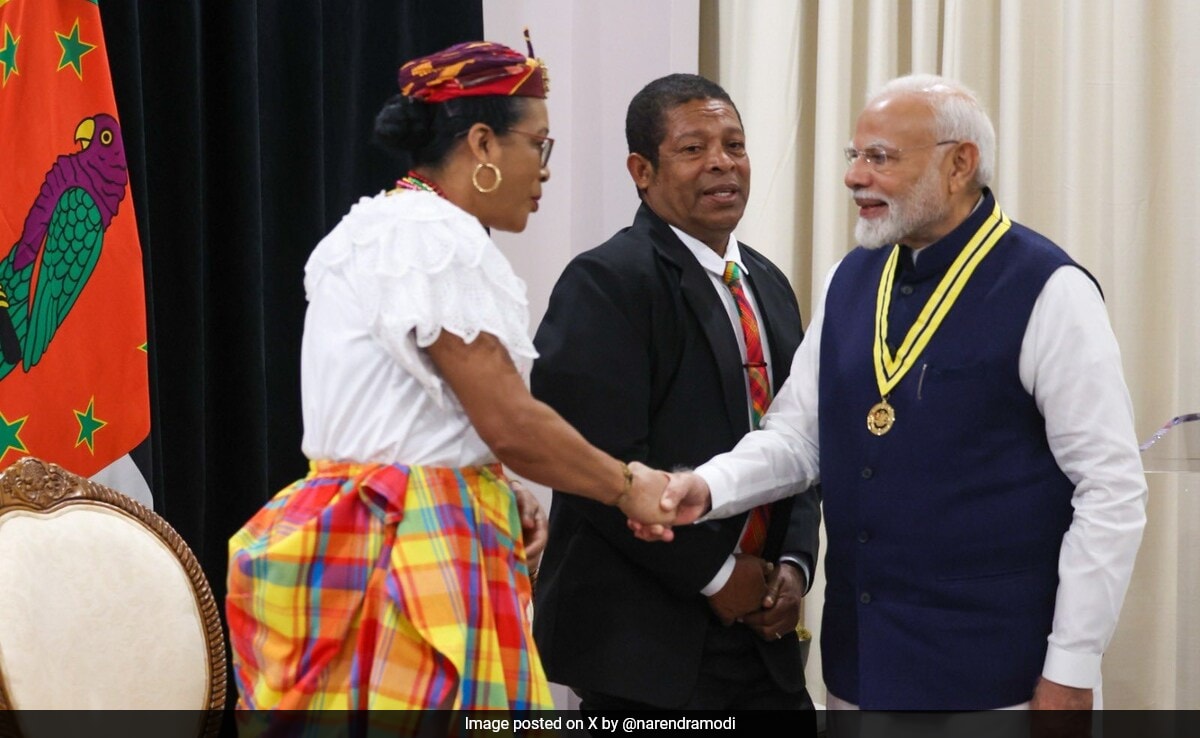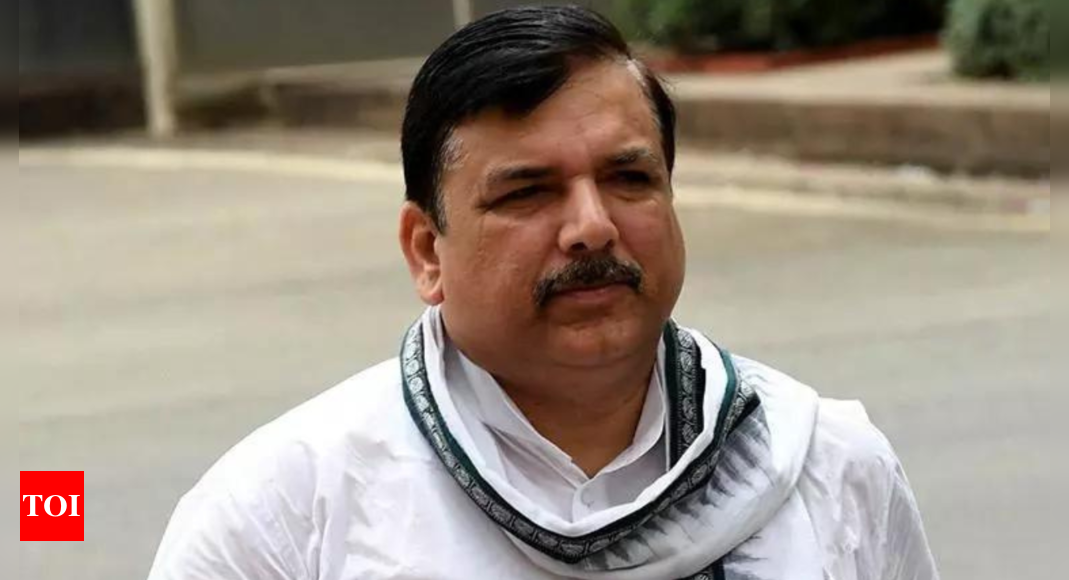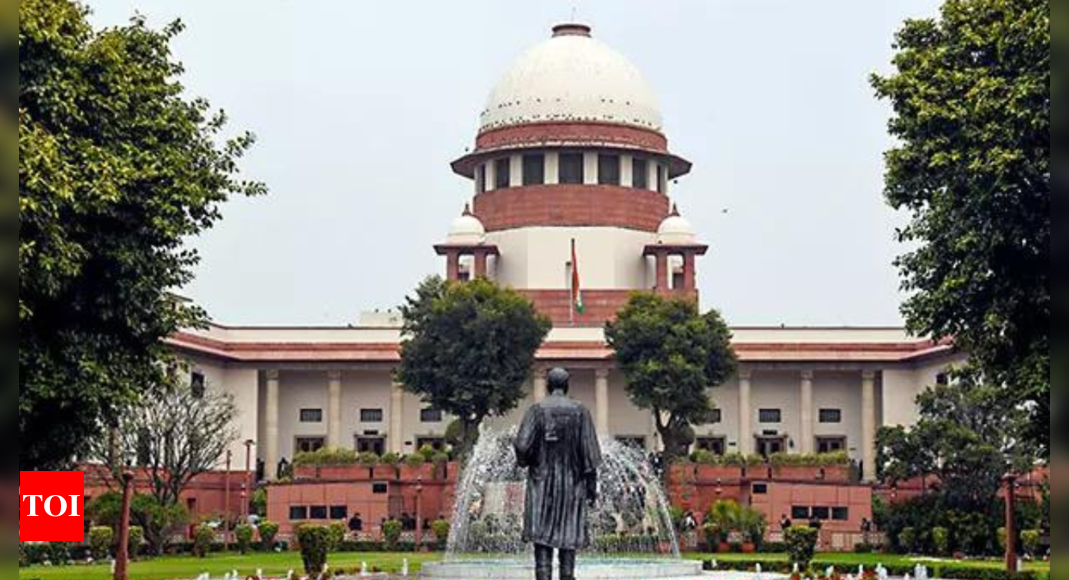
US vice president Kamala Harris’ presidential campaign has come under debate for its extensive use of private jets, spending millions on air travel despite her strong advocacy for urgent climate action, as per Fox News. Harris secured the Democratic nomination after President Joe Biden announced that he would not seek re-election. The campaign has spent at least $3.8 million on private flights in just six weeks, according to a review of Federal Election Commission (FEC) records.
The Harris campaign made payments to various private jet companies, including Advanced Aviation Team, Private Jet Services Group, Principal Aviation, and FlexJet between July 24 and August 30.The largest share of the payments went to Advanced Aviation, a company offering luxurious aircraft ranging from smaller jets for short trips to ultra-long-range planes with amenities and flight attendants for journeys up to 16 hours.
Harris’ campaign’s use of private jets has sparked criticism due to the significant environmental impact of such travel. According to the National Library of Medicine, private aviation is the most energy-intensive form of air travel, using 10 to 20 times more fuel per passenger than commercial flights.
Harris has long positioned herself as a champion of climate action, referring to climate change as an “existential threat” to humanity. During a 2019 interview with CNN, she said, “There’s no question we have to be practical. But being practical also recognises that climate change is an existential threat to us as human beings… it is well within our capacity to change our behaviours in a way that reduces its effects.”
At the United Nations Climate Change Conference in 2023, Harris said, “The clock is no longer just ticking, it is banging… We need transformative change and exponential impact.” She has also expressed concern about the effect of climate change on younger generations, noting that “climate anxiety” has left some hesitant to have children.
The Biden-Harris administration has set ambitious climate goals for the aviation industry, aiming for a 20% reduction in aviation emissions by 2030, with a target of net-zero emissions by 2050.









